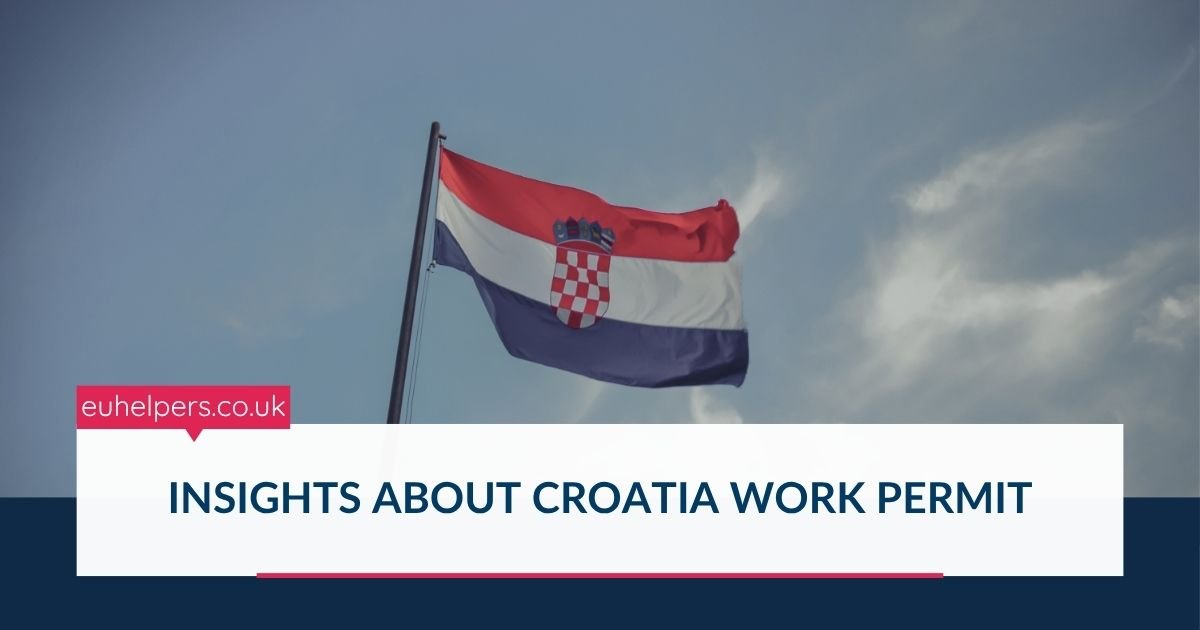
For non-EU citizens looking to live and work in Croatia, obtaining the appropriate work permit is a crucial first step. In 2025, Croatia continues to offer various pathways for foreign professionals to join its workforce, particularly in sectors facing labor shortages. However, the process is structured and requires careful planning, documentation, and compliance with immigration laws.
Who Needs a Work Permit?
Non-EU/EEA citizens typically need both a job offer from a Croatian employer and a valid work and residence permit to legally work in Croatia. The system is designed to ensure that Croatian and EU citizens are given priority for job openings before offering positions to foreign nationals.
The Application Process
The standard application process for a Croatian work permit involves several key steps:
-
Labor Market Test
Before hiring a non-EU candidate, Croatian employers must often conduct a labor market test to confirm that there are no suitable local or EU candidates available for the position. This is assessed by the Croatian Employment Service. -
Work Permit Application
Once the labor market test is cleared, the employer can submit a work permit application to the Ministry of the Interior. This includes employment documentation, the candidate’s qualifications, and proof of the job offer. -
Long-Stay Visa (Type D)
After approval, the applicant must apply for a Type D visa at a Croatian embassy or consulate in their home country. This visa allows entry into Croatia for the purpose of residence and employment.
Duration and Renewals
Most Croatian work permits are issued for a period of up to one year, though they can be renewed. Renewal applications should be submitted before the current permit expires. Certain permit types, such as the EU Blue Card, allow for longer validity and offer a more streamlined path to permanent residency for highly qualified professionals.
Special Permit Categories
-
EU Blue Card: This is a special work and residence permit available to highly skilled non-EU professionals. It offers longer validity and easier access to residency rights across EU countries.
-
Work Registration Certificate: For short-term work (typically up to 30 or 90 days), certain professionals—such as consultants, artists, religious workers, or performers—may obtain a work registration certificate instead of a full work permit. This certificate is also issued by the Ministry of the Interior.
-
Simplified Access for Croatian Emigrants: Individuals of Croatian descent and their family members enjoy simplified procedures. They do not need a separate work and residence permit to work in Croatia.
Impact of Schengen Integration
Since joining the Schengen Area, Croatia has simplified short-term travel for business and tourism from other Schengen countries. However, Schengen entry rules do not apply to long-term employment, and non-EU citizens still require proper work and residence permits to live and work legally in Croatia.
In 2025, Croatia continues to refine its immigration system to attract skilled foreign workers while protecting the local labor market. For non-EU citizens, the process of obtaining a work permit involves careful navigation of legal requirements, but offers a clear and attainable path to living and working in a growing European economy.
Whether you're a tech professional, healthcare worker, or seeking short-term project work, understanding the work permit system is essential for making Croatia your next career destination.
